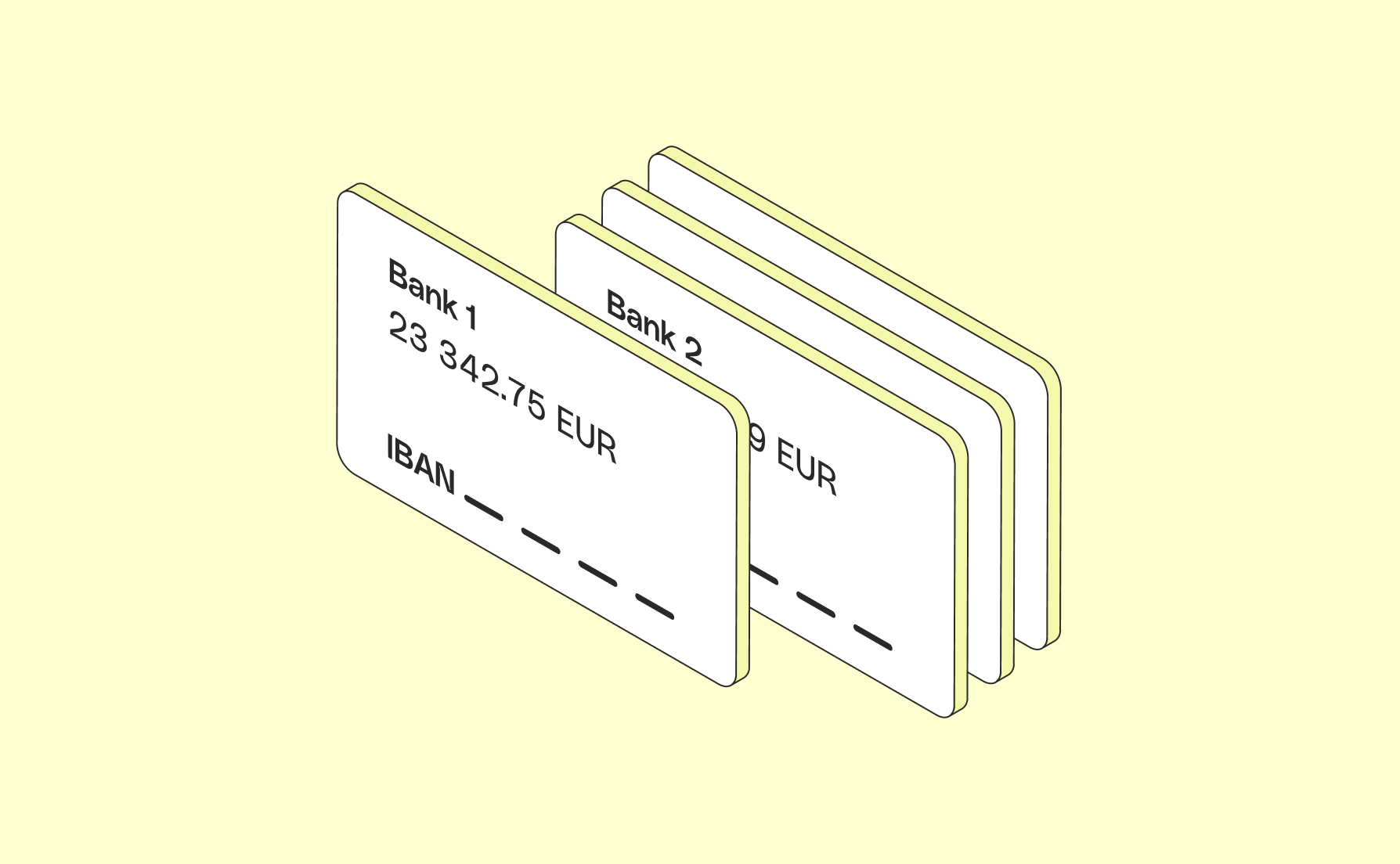Violating GDPR laws can be very costly. Fines apply to business sizes ranging from micro-enterprises to multinational corporations, with amounts scaled to match the revenue of the business and severity of the violations.
GDPR splits infringements into two tiers:
Less severe infringements
These are infringements of the articles governing data controllers and data processors, accredited bodies responsible for certifications, and monitoring bodies responsible for handling complaints and reported infringements.
Relevant articles: 8, 11, 25-39, 42, and 43 (for controllers and processors); 42 and 43 (for certification bodies); and 41 (for monitoring bodies).
Fines for less severe infringements can reach €10 million, or 2% of the firm’s worldwide annual revenue from the previous year. The fine will be set at whichever amount is higher.
More serious infringements
These infringements are the ones that violate the principles at the core of GDPR. They include basic processing principles, conditions for consent, rights of data subjects, and data transfers to international organizations or developing countries.
Relevant articles: 5, 6, and 9 (for processing principles); 7 (for consent); 12–22 (for the rights of data subjects); and 44–49 (for international transfers).
These fines can total €20 million, or 4% of the firm’s worldwide revenue, again depending on whichever amount is higher.






